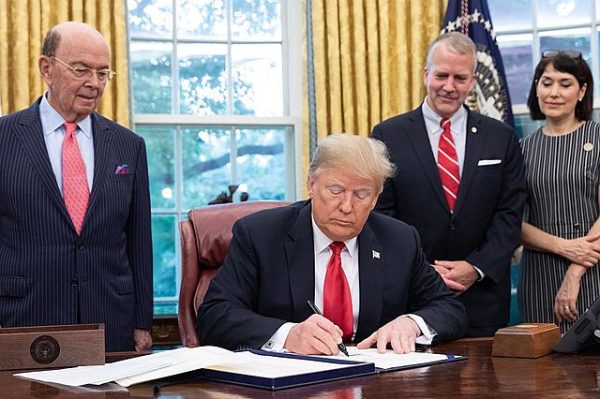Gender based voting is unreasonable
September 8, 2017
By Jack Rafferty, Assistant Managing Editor-Comment
Hillary Clinton’s loss in the 2016 presidential election spurred many gender-in-politics-based discussions in the mainstream media. Much of this was due to Donald Trump’s endless misogynistic antics during the campaign, but there was also discussion about how Clinton’s loss was a failure for women: not because of Trump’s misogyny, but because a woman lost.
This idea is outdated and troublesome. Just as the opposite is true, being a woman does not make someone any more qualified to serve the public than a man. Some women are more deserving of positions than men, and today these women win elections more frequently. According to the Center for American Women and Politics, since 1971, the number of women serving in state legislatures has more than quintupled.
The presidential election is somewhat of a poor example because it’s challenging to find historical precedent of a person with so much political clout losing to someone with so little. Still, the notion that America failed because it didn’t elect a woman is fundamentally flawed.
All Americans have the right to individual opinions. Women were not obligated to vote against Trump, even if you or I think they should have. This is what makes certain takes on the election very disturbing.
In an article published by The Guardian, writer Suzanne Moore discussed the outcome of the election, asking why women would vote for an openly sexist individual like Trump. In her article, she claims, “The problem was white women,” when explaining why women voted for Trump in higher numbers than many expected.
This is problematic because Moore invalidates those who disagree with her. Instead of considering faults in Clinton’s campaign, like her issues with appealing to working class whites, Moore simply points her finger. As the writer of a piece entitled “Stop telling women they’re doing feminism wrong,” she could benefit from a long look in the mirror.
At the point where we characterize white women as being “the problem” for voting for what we perceive to be the wrong candidate, we are simply being elitist. For some women, Trump’s campaign promises provided more practical benefits — how can there be a pay gap when working class men and women are both being paid the minimum wage, or when unemployment is ravaging rural communities?
People at the forefront of modern feminism must realize that there are lots of different women in America. Feminism today is more intersectional and inclusive of minority groups, but it still lacks objectives for working class women, and these women have a fundamental right to vote for a candidate who they think will best accomplish what they actually need. According law professor Joan Williams at University of California, Hastings, for many of these people, Clinton represented the “arrogance and smugness of the professional elite.”
It is important to understand the issue on a broader scale. Just as a refusal to vote for women because of their gender is rightfully considered sexist, so should a decision to vote for a woman over a man simply because she is a woman. In a truly gender-inclusive society, people must learn that the only way to choose elected officials in an objective and nonsexist manner is to not consider gender at all.
I will never know how it feels as a woman to see a 13-person, all male healthcare committee. But, I do know that counter-discrimination is not the way to solve discrimination. People should consider policies and qualifications, not gender, as primary voting points. Voting for women for the sake of voting for women is not a good solution in the short or long term.
Grady’s IGNITE club is an example of an organization that encourages political activity in women from a young age, and efforts like this are the best way to create political equity. According to Politico, studies show that women tend to win elections at the same rate as men — but they are far less likely to run at all. Thus, if we encourage more women to run, qualified women will continue to occupy more positions.
Obviously, we have yet to reach equity, but the best way to accelerate change is to promote gender inclusivity in the long term, and organically create change.











